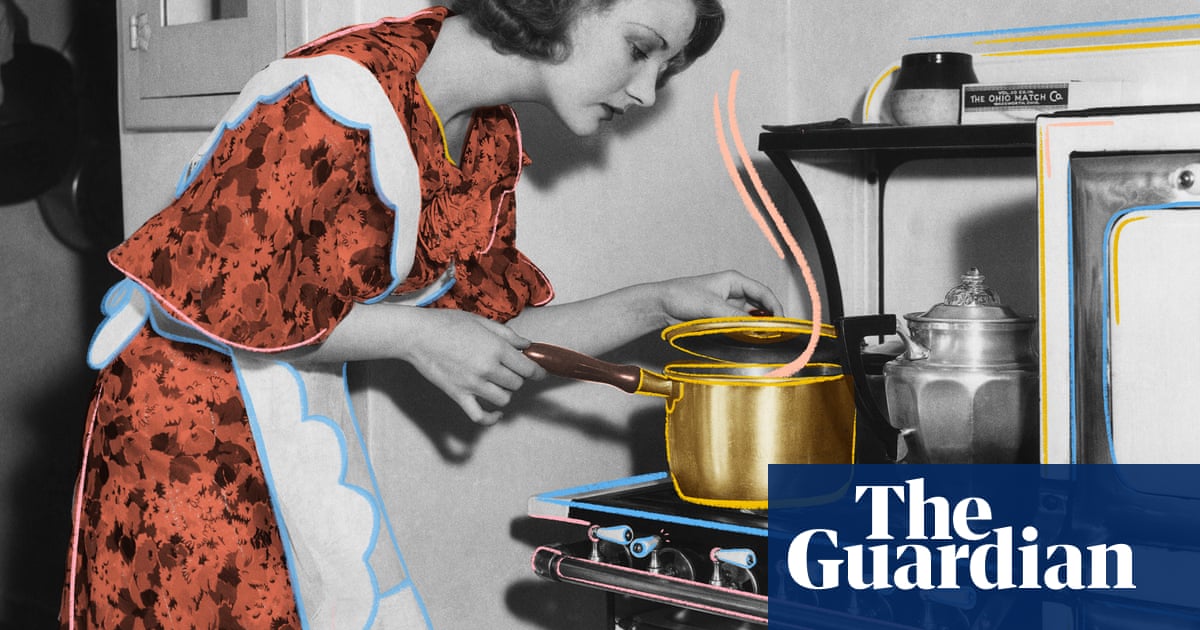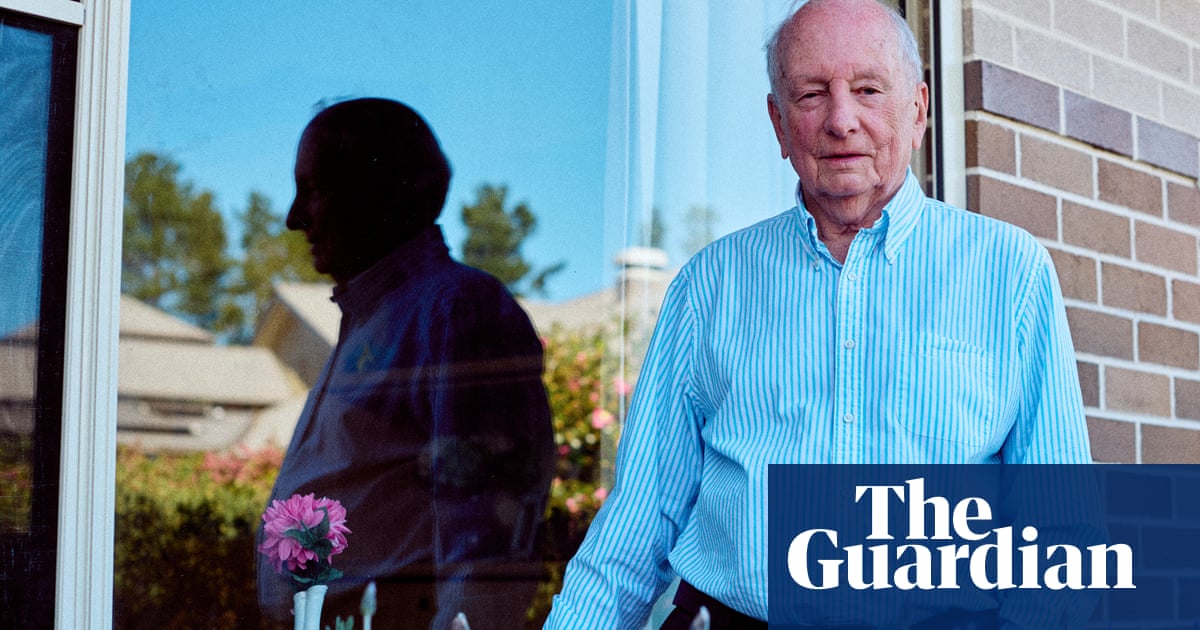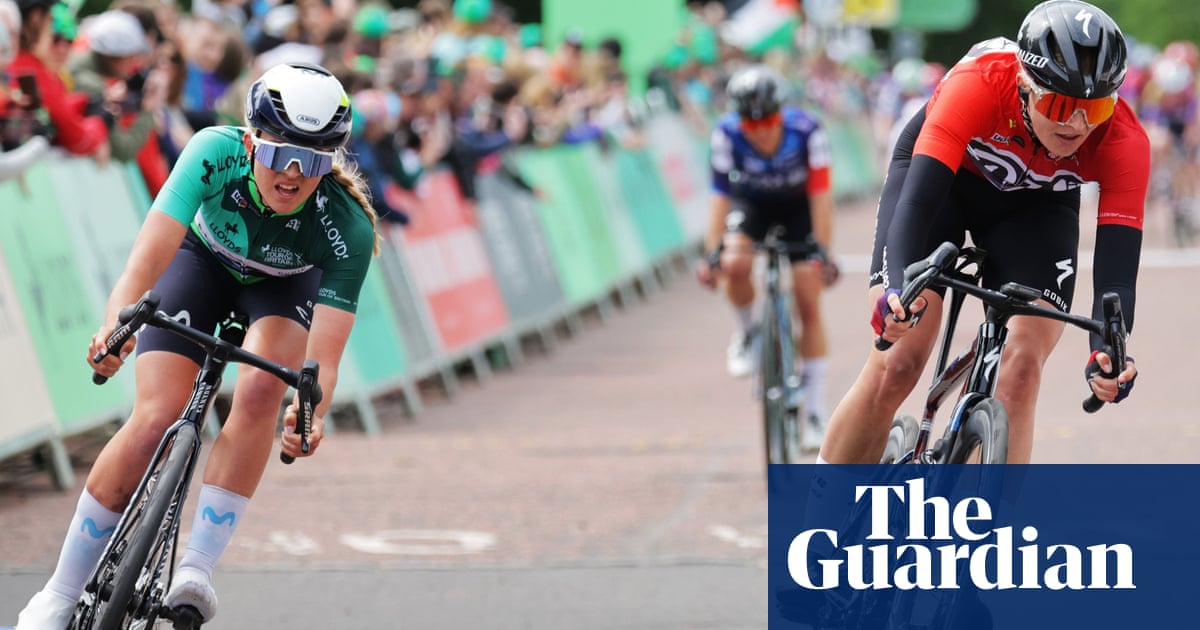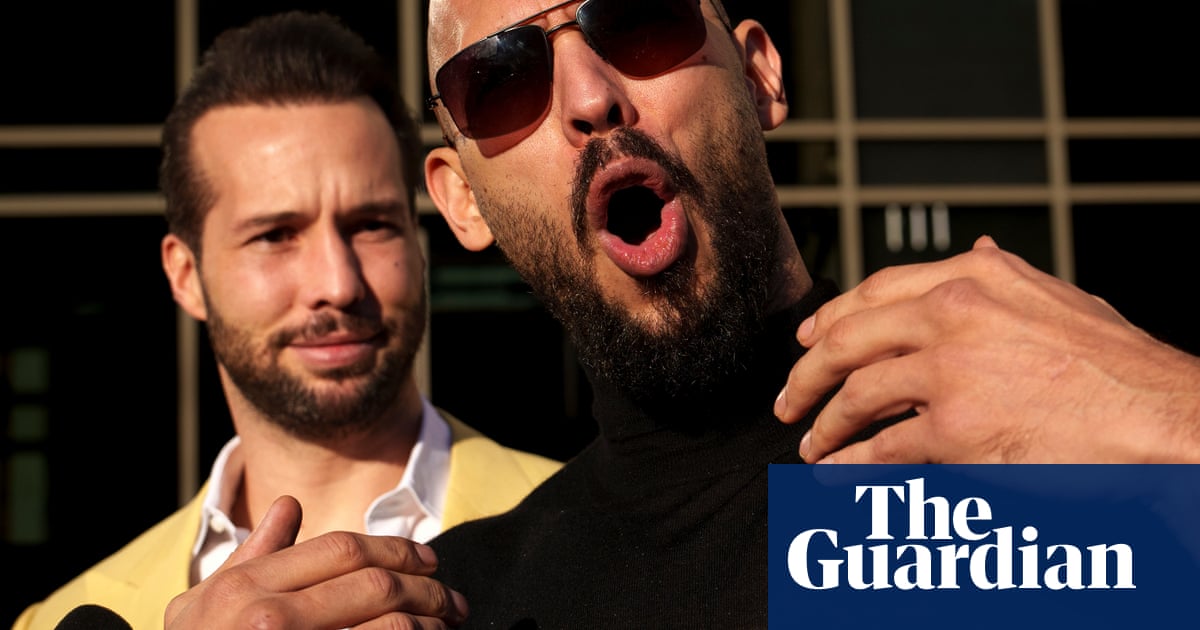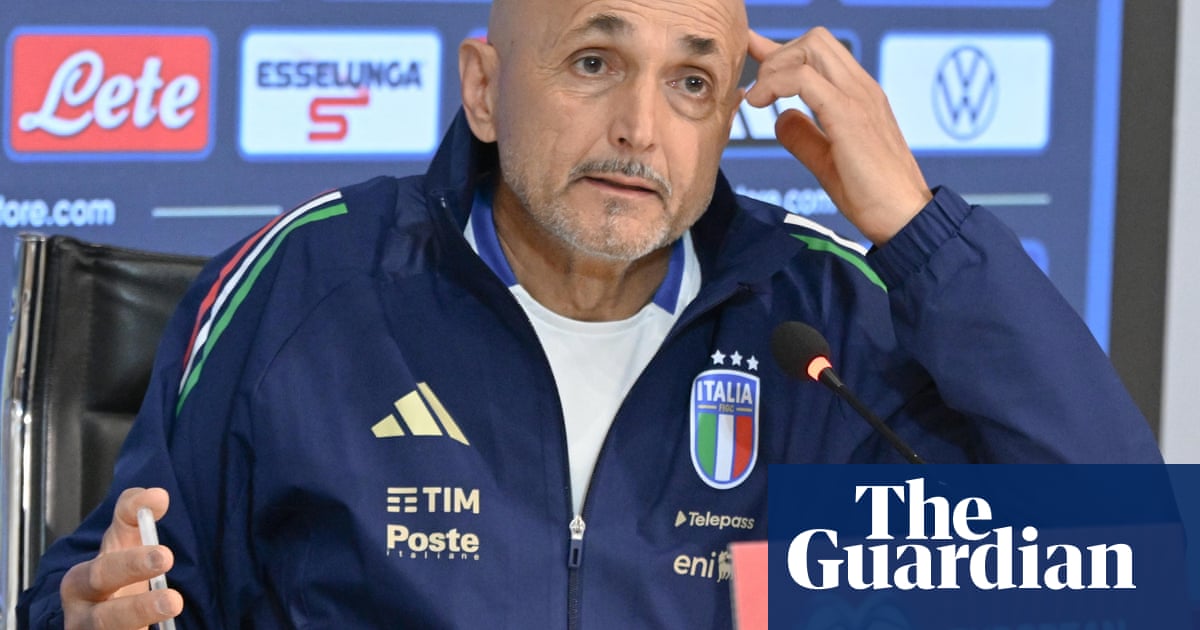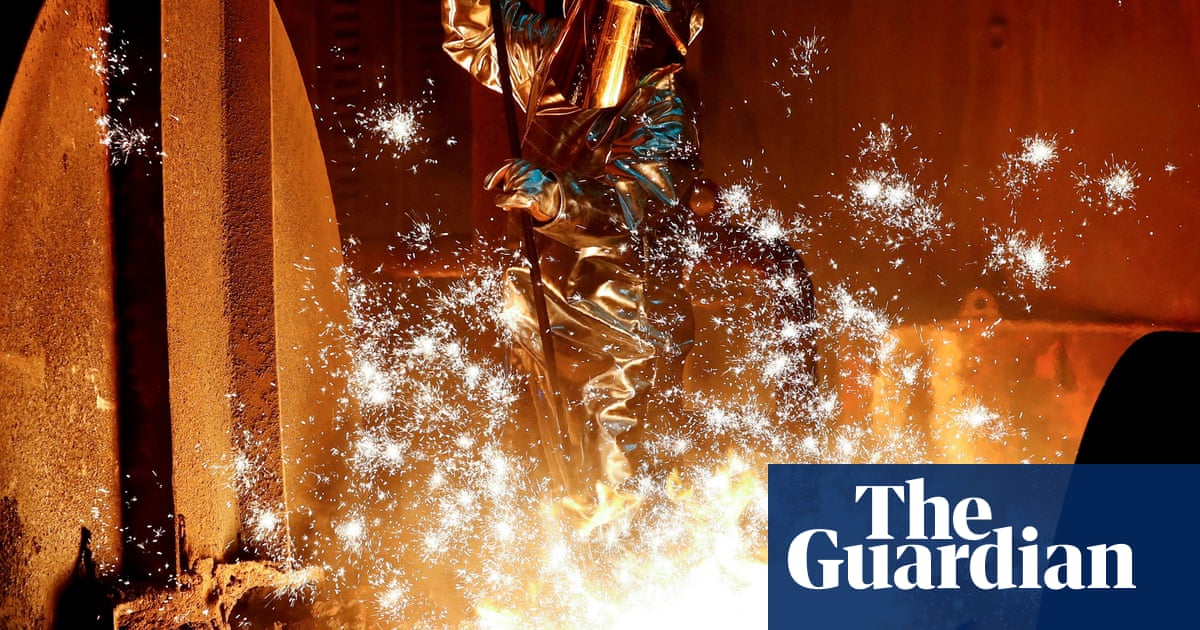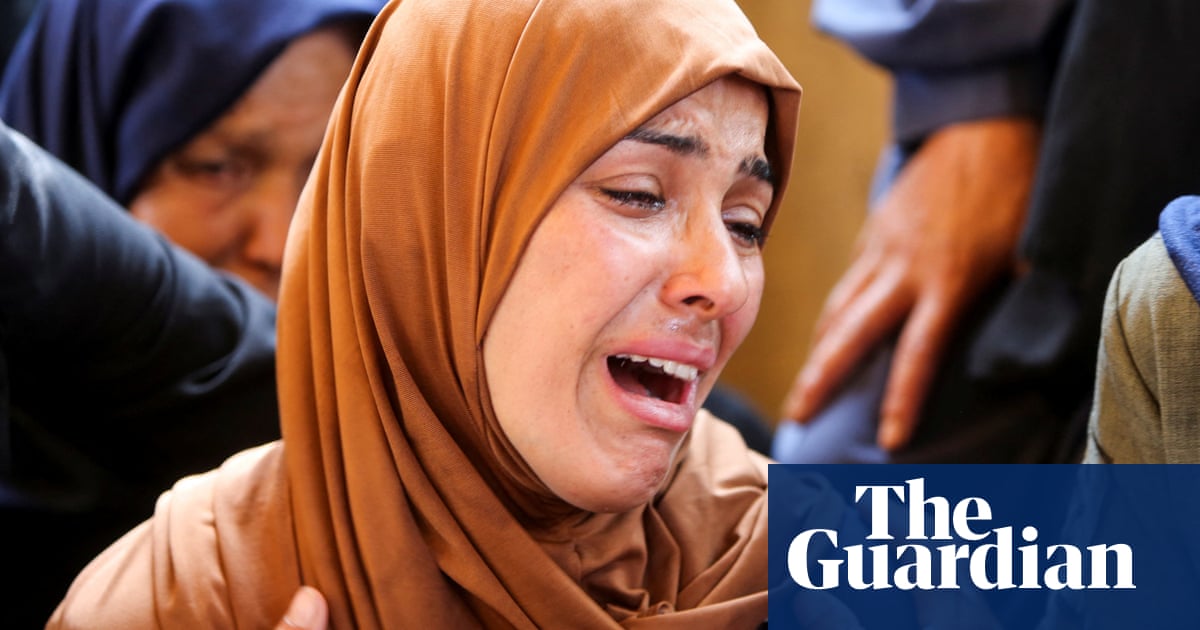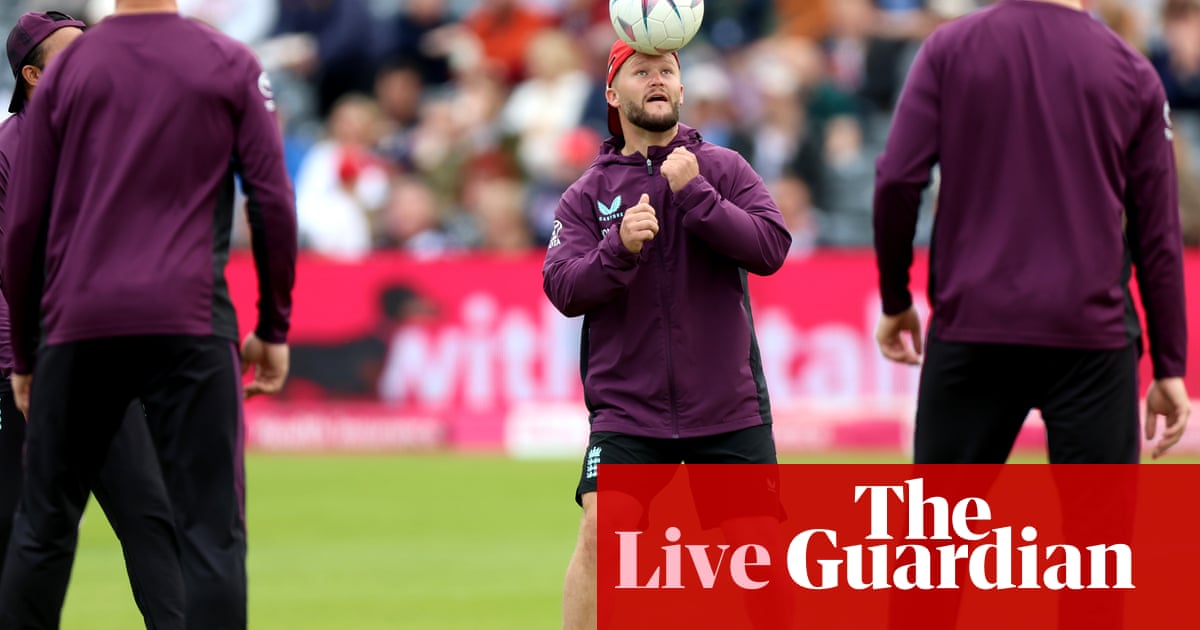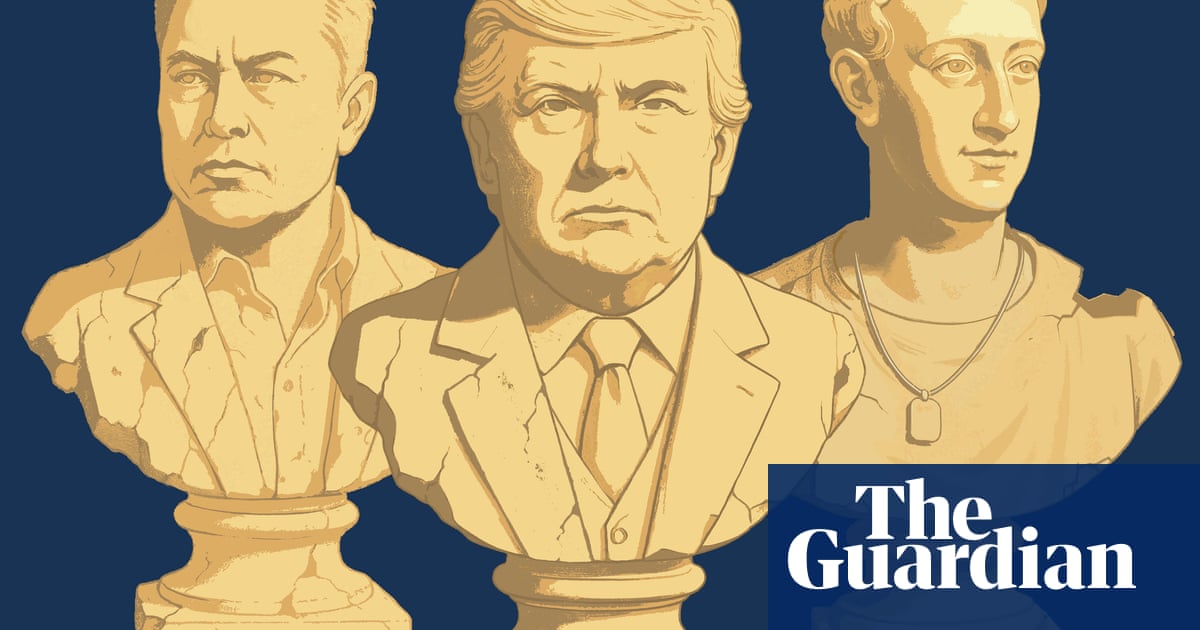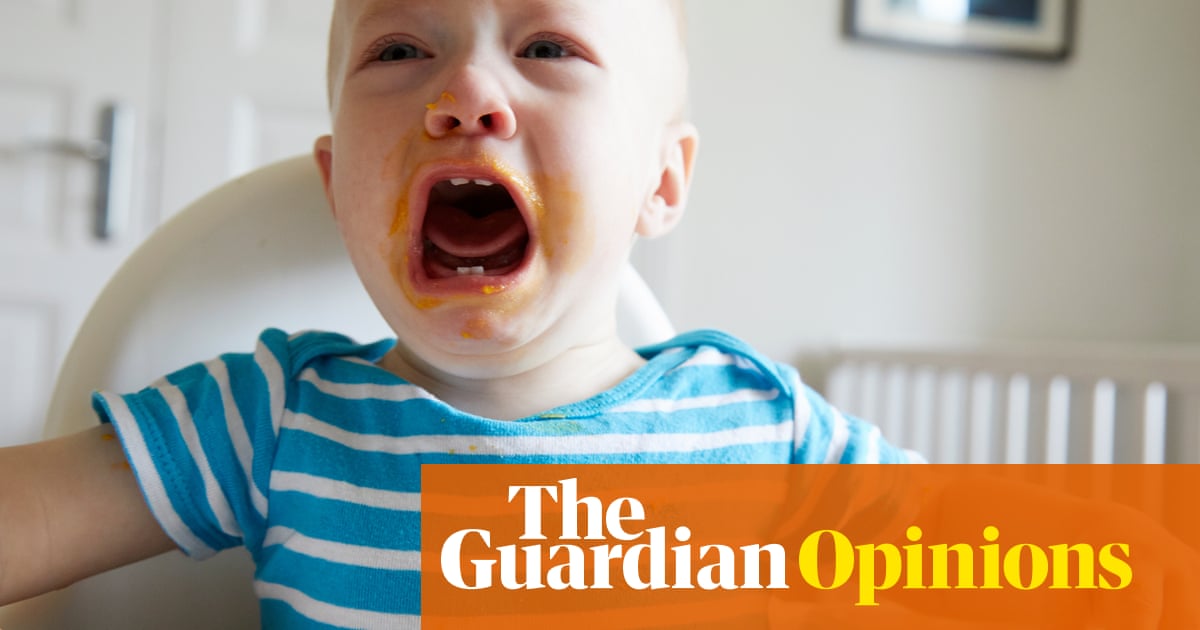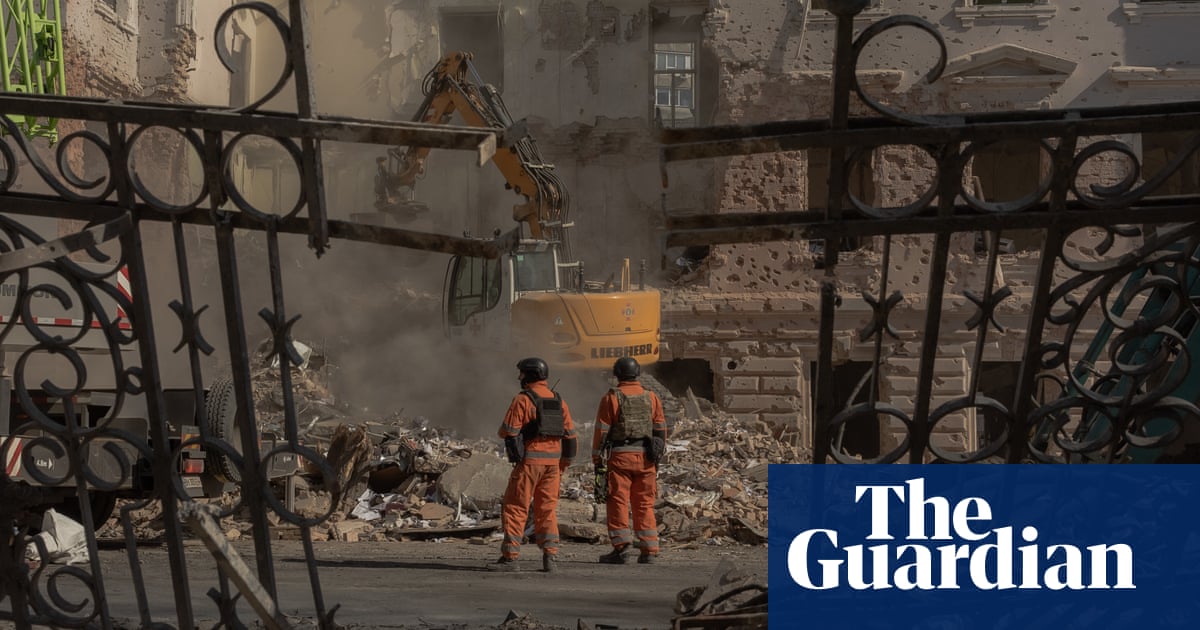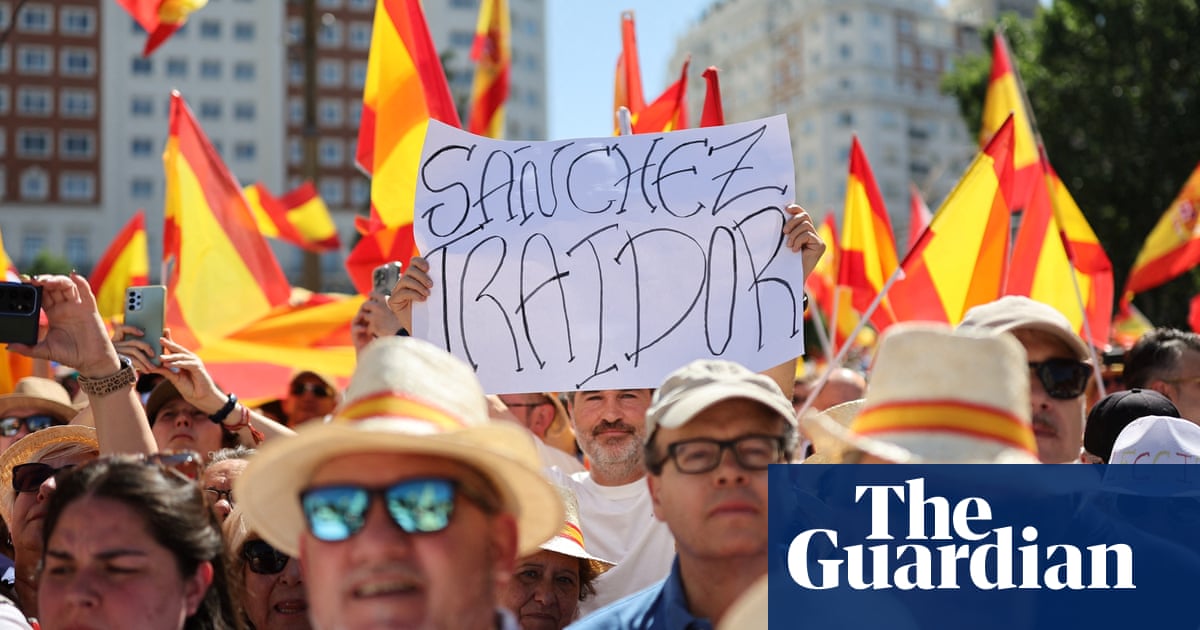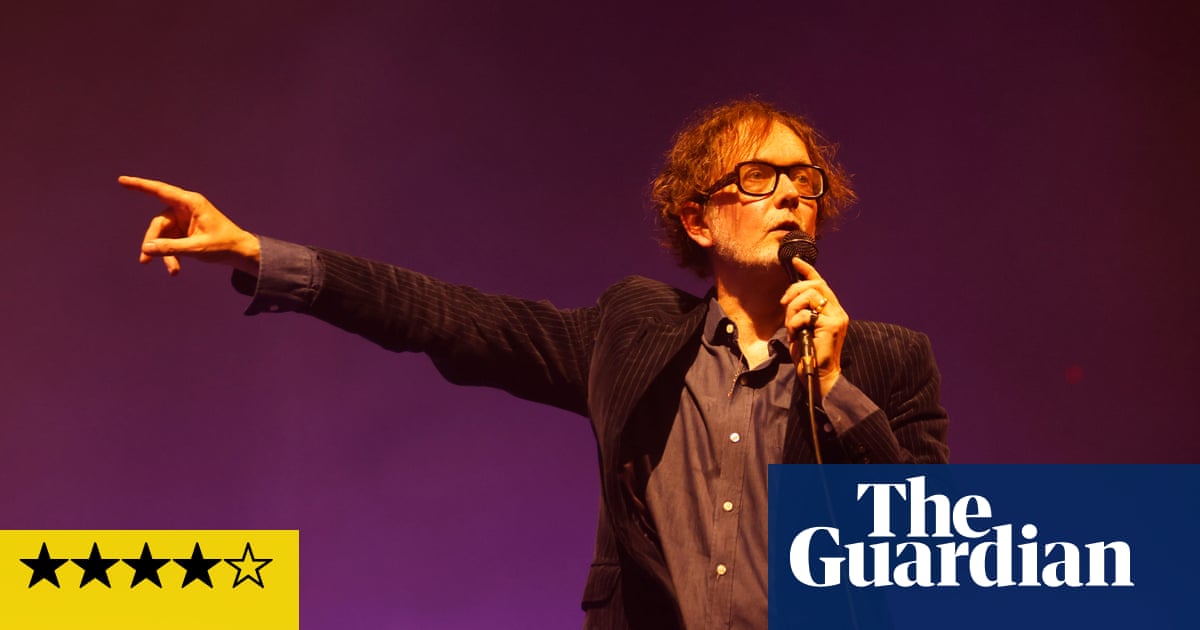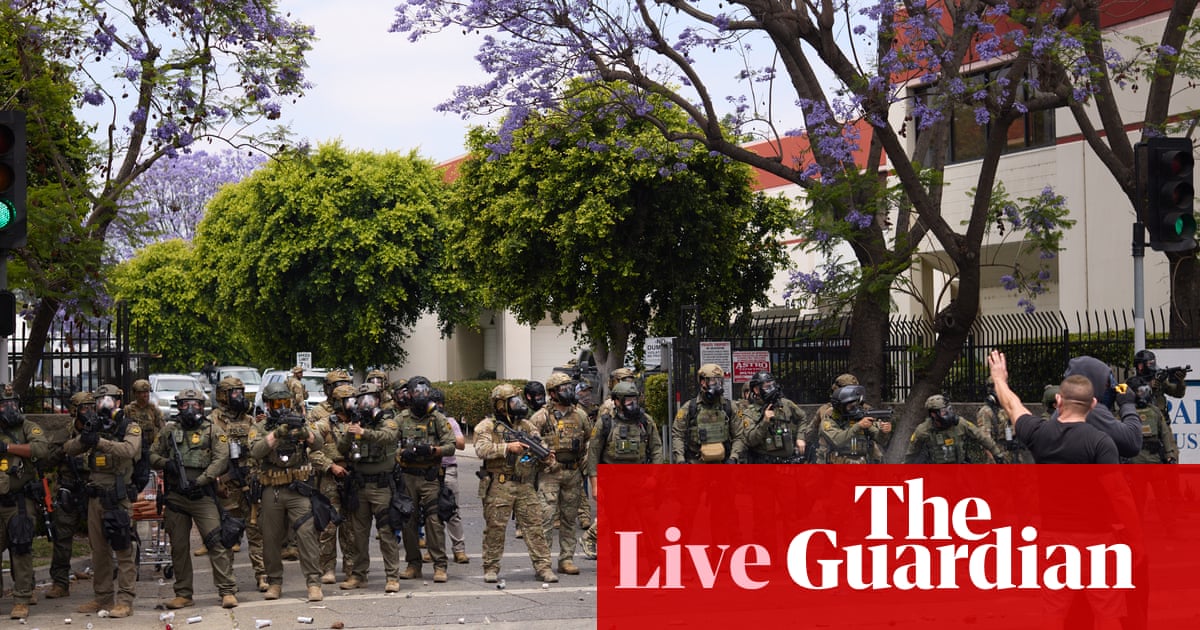Keir Starmer has urged Donald Trump to provide a US “backstop” to a European peacekeeping force in Ukraine, saying it is the only way to deter Russia from attacking the country again.
The UK prime minister’s appeal to Trump came after an emergency summit in Paris that heard widespread calls by European leaders for a large boost in defence spending.
Some leaders at the summit – especially the German chancellor, Olaf Scholz, who is one week from an election – wanted to block off any discussion on a European force to help enforce a ceasefire in Ukraine.
But Starmer, after committing on Sunday to the principle of sending British troops, pressed ahead with the issue – and went further by insisting such a force was only feasible with US support.
Speaking after the three-hour summit, he said: “Europe must play its role, and I’m prepared to consider committing British forces on the ground alongside others, if there is a lasting peace agreement, but there must be a US backstop, because a US security guarantee is the only way to effectively deter Russia from attacking Ukraine again.”
His remarks amount to a call for Trump to recognise he cannot wash America’s hands of Ukraine without also damaging European security. The emergency summit was convened by Emmanuel Macron at 48 hours’ notice amid growing fears in European capitals that Trump and Russia’s president, Vladimir Putin, are trying to negotiate the future of the continent’s security over the heads of European leaders.
Starmer insisted that the US is not poised to leave Nato, but said the issue of burden-sharing within the alliance had become pressing. “In this moment we have to realise the new era we are now in and not cling hopelessly to the comforts of the past and to take responsibility for our security and our continent,” he said.
UK defence officials say that even if a 30,000-strong European force is deployed away from the frontline in a reassurance role, it will need the protections, including air cover and logistics, that only Nato – specifically the US – can provide.
Scholz agreed with Starmer that such a force was inconceivable without US backing, but criticised the conversation about troops as “completely premature and the completely wrong time to have this discussion now”. He was “even a little irritated” by the debate. “We are not yet at peace, but in the middle of a war waged brutally by Russia, which is being pushed forward without consideration,” he said.
In a summit that was never intended to reach a decision, the clearest consensus was around increasing defence spending.
The Polish prime minister, Donald Tusk, said: “We will not be able to effectively help Ukraine if we do not immediately take concrete steps regarding our own defence capabilities. If Europe, and this is the case today, is not able to counter Russia’s military potential, then we must immediately catch up.”
Scholz too said he wanted a focus on how Europe could remove defence spending increases from fiscal debt rules. “It is quite clear that our continued and necessary support for Ukraine is only possible if we can decide to finance it separately,” he said. He added the German debt brake should not apply to defence spending above 2% and that the country could mobilise an additional €30bn annually.
Criticising Trump’s decision to rush into peace talks with Russia, he said it was “highly inappropriate” that a debate had started about the outcome of talks that had not yet taken place, and were being conducted without the involvement of Ukraine. He said “it is very clear to us: we must continue to support Ukraine – and it must and can rely on us”.
Denmark’s prime minister, Mette Frederiksen, said all European nations should boost their support for Ukraine and defence spending at home to protect themselves against Moscow. “Russia is threatening all of Europe now, unfortunately,” he said.
European leaders are increasingly concerned that Trump is rushing to strike an immediate ceasefire with Russia that Ukraine and Europe will only be able shape at the margin.
Reflecting those concerns, Tusk said: “Everyone at this meeting is aware that transatlantic relations, the Nato alliance and our friendship with the United States have entered a new phase. We all see that.”
Meanwhile, senior Russian and American diplomats are due to meet in Riyadh on Wednesday to follow up on the surprise phone call to Putin initiated by Trump last week.
Trump’s special Ukraine envoy, Gen Keith Kellogg, stressed Trump wanted a quick deal: “We are now at Trump time, which means I get an assignment today and tomorrow at noon he asks me why it hasn’t been done yet.”
Scholz argued there must be “no division of security and responsibility between Europe and the USA”, effectively ruling out German participation in a reassurance force in the context of a ceasefire if the US does not agree to participate militarily in the peacekeeping mission.
So far the US has refused to commit to providing any help to a putative European force.
“Nato is based on the fact that we always act together and take risks together, thereby ensuring our security. This must not be called into question,” Scholz said.
Poland has long said it will not deploy troops in Ukraine, arguing its role as defending central Europe. Italy and Spain are also opposed to sending troops without greater clarity about the US role.
Italy’s prime minister, Giorgia Meloni, who arrived nearly an hour late for the summit, said the option “that involves the deployment of European soldiers in Ukraine seems to me to be the most complex and perhaps the least effective”.
“Other avenues should be explored that also include the involvement of the United States, because it is in the Euro-Atlantic context that European and American security is founded,” she said.
France’s twin purpose in calling the meeting had been to conjure a vivid, unified display of European solidarity with Ukraine, and to forge a strategy to persuade Trump that Europe, with its own security and resources at stake in the Ukraine talks, has an unimpeachable right to a seat at the table.
Macron, a lifelong exponent of a stronger European security dimension, also wanted the summit to open discussions on the level of contributions the big European powers could assemble for a reassurance force.
With trust between Washington and Europe at a low ebb, there is also increasing concern among European diplomats that Trump may decide, as a goodwill gesture, to unilaterally lift key sanctions on Russia, relieving the growing pressure on its economy.
Moscow is angling for sanctions to be lifted as part of the package that reopens diplomatic relations between Russia and the US. Russia is hoping the US will also signal a withdrawal of American troops from the continent.
US officials, both in public and private, have put different emphases on aspects of the deal, including how Ukraine will be consulted, leading many European diplomats to believe the US does not yet have a single coherent plan.
The US has sent mixed messages about Ukrainian and European involvement in the talks, with Michael Kellog saying that it was “not reasonable to have everyone sitting at the table for a Ukraine peace deal”.
In a bid to shore up Trump’s exclusion of Europe from the process, Sergei Lavrov, the Russian foreign minister, said: “I do not know what Europe would do at the negotiating table. Given the attitude of European states to the war, he is not sure what contribution they would make if they were invited. If Europe wants to continue the war in Ukraine, why should it be invited to negotiations.”

 3 months ago
58
3 months ago
58

